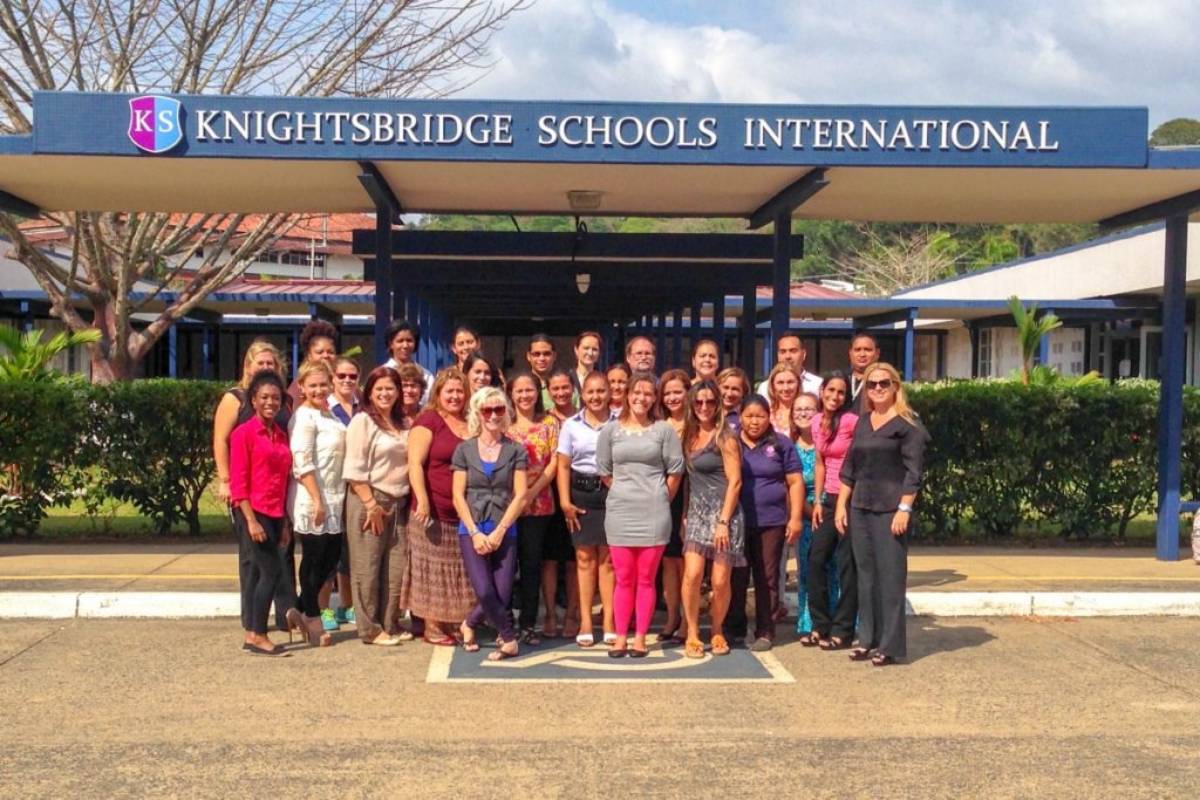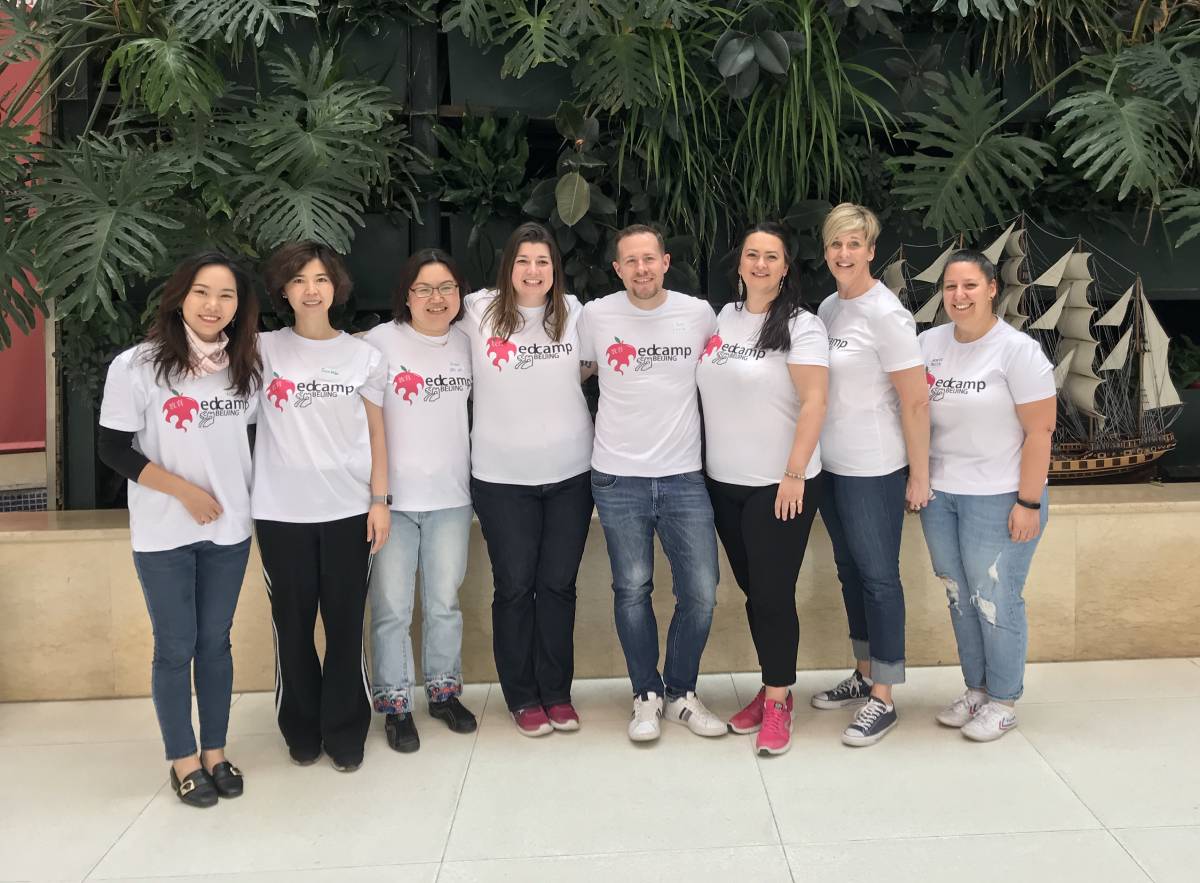Reinventing Discipline with Emotional Intelligence
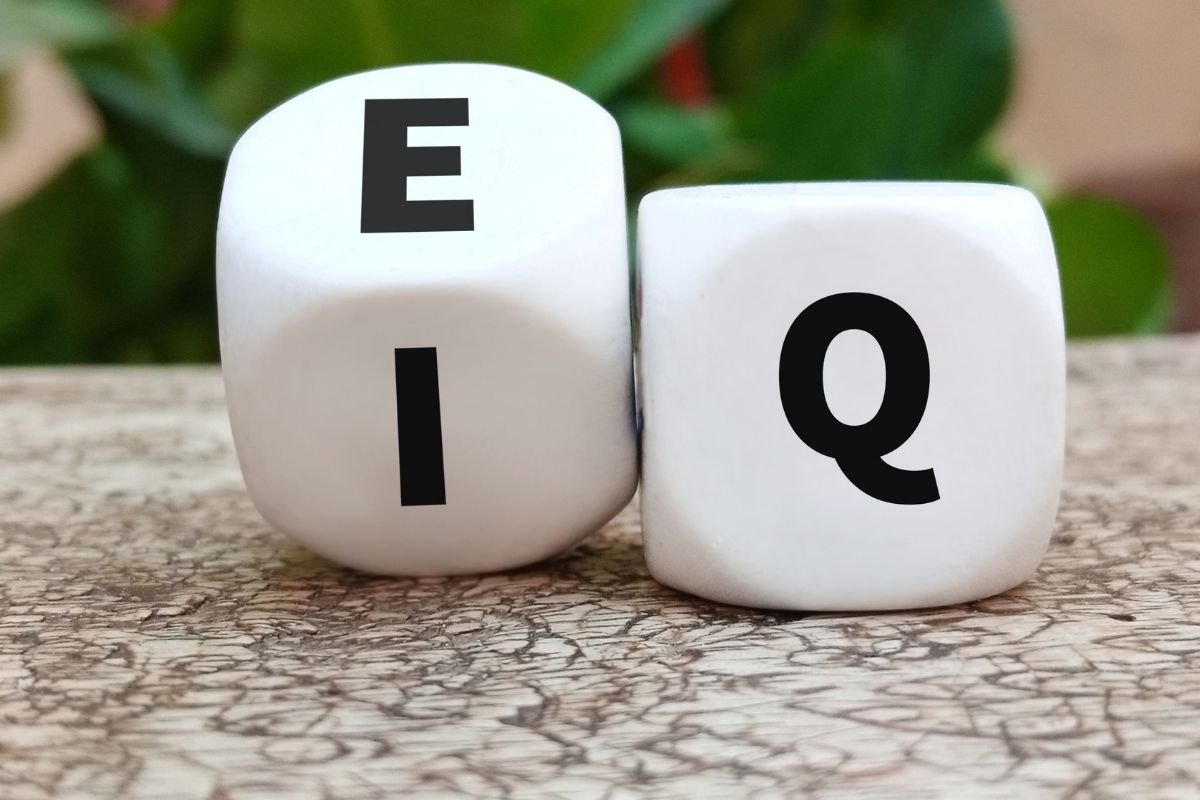
Emotional Intelligence is a relatively new method being used to impact behavior. According to HelpGuide.Org, Emotional Intelligence (EQ) “is the ability to understand, use, and manage your own emotions in positive ways to relieve stress, communicate effectively, empathize with others, overcome challenges and defuse conflict.” Emotional Intelligence has obvious benefits in our personal relationships, but how can we implement them in schools to improve student behavior?
Our current educational system is what some might call the “carrot and stick” discipline method. This means that when we want students or parents to do something we hold a “carrot,” or some kind of incentive for them. If students behave in a way that is viewed as negative, they receive a negative consequence (a stick) to provide a negative feeling, in hopes to prevent the behavior in the future.
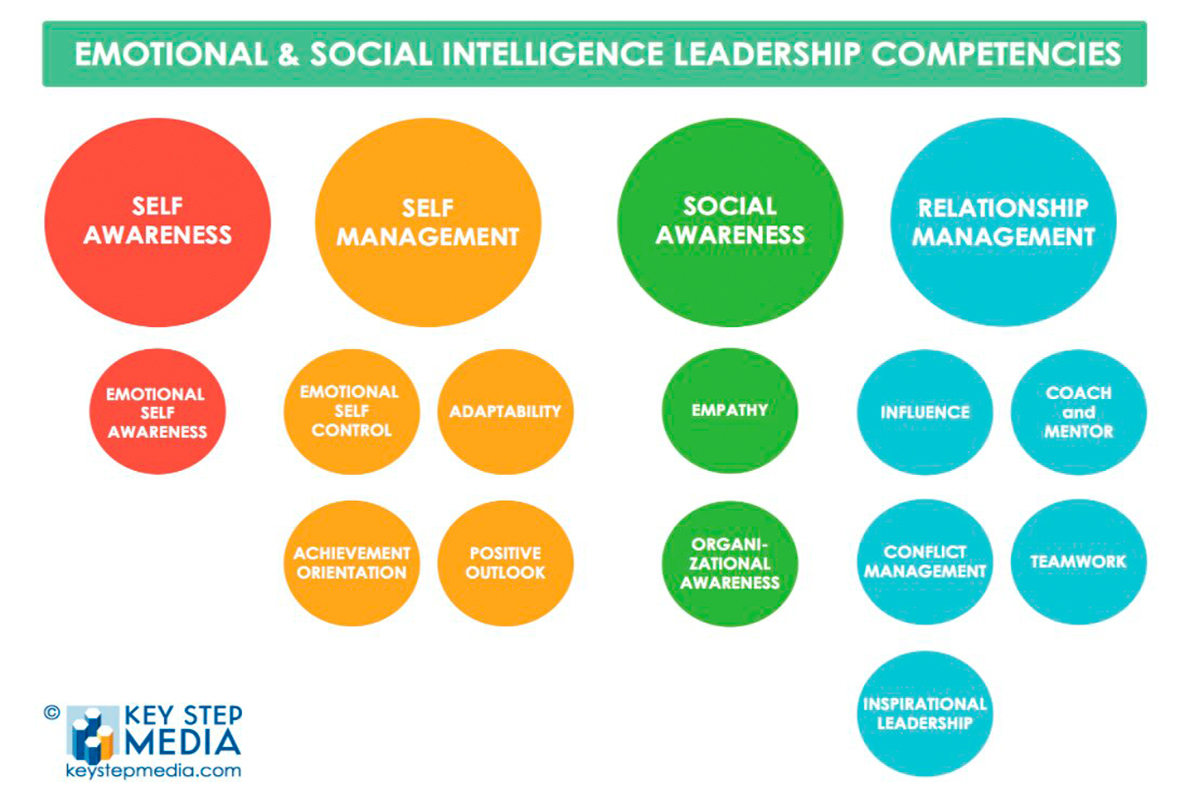
“Carrot and stick” incentives don’t work unless students come to school with all of their needs already being met. Based on my experience in a Title I, high needs campus, we have seen that our students do not respond the way we anticipate due to the fact that they are living in survival mode. For example, our school tried to motivate students to make progress on a computer-based program by adding charms to a chain every time they made progress. Our students showed little to no interest in this incentive. When I asked my students for feedback on it, I had a student respond with “What am I going to do with a charm? I would work harder if I could have an extra breakfast though!” The enthusiasm in his voice broke my heart. The best motivator for this student was to meet a basic need. The number of students like the one I mentioned is higher than ever before, after the onset of the pandemic. Imagine being a student whose family is having difficulty finding enough food for everyone. Your hunger pains keep you up at night, and your teacher incentivizes you to memorize your math facts with a candy bar, that you want so badly but you can’t concentrate long enough to reach your goal. This could be incredibly damaging to students’ mental well-being and relationship with material items and/or “treats.” Not to mention, the mental health of our teachers is at an all time low according to statistics from Parents.com, handling the emotional load of taking care of so many students and families, while facing their own personal challenges. The teacher shortage has many causes, but based on my personal experiences, conversations with other educators, and what they have expressed on social media platforms, it seems that this is the best approach to teacher retention. Passionate educators have dealt with so many things, but a work environment that is detrimental to their health should never be one of them. This method is Pavlovian in nature, and while that may have worked with salivating dogs, it can be much more complex to affect human behavior. The “carrot and stick” tactic is punitive, not disciplinary, which means it focuses more on implementing a negative consequence from a negative behavior instead of training to be a habitual follower of rules or guidelines.
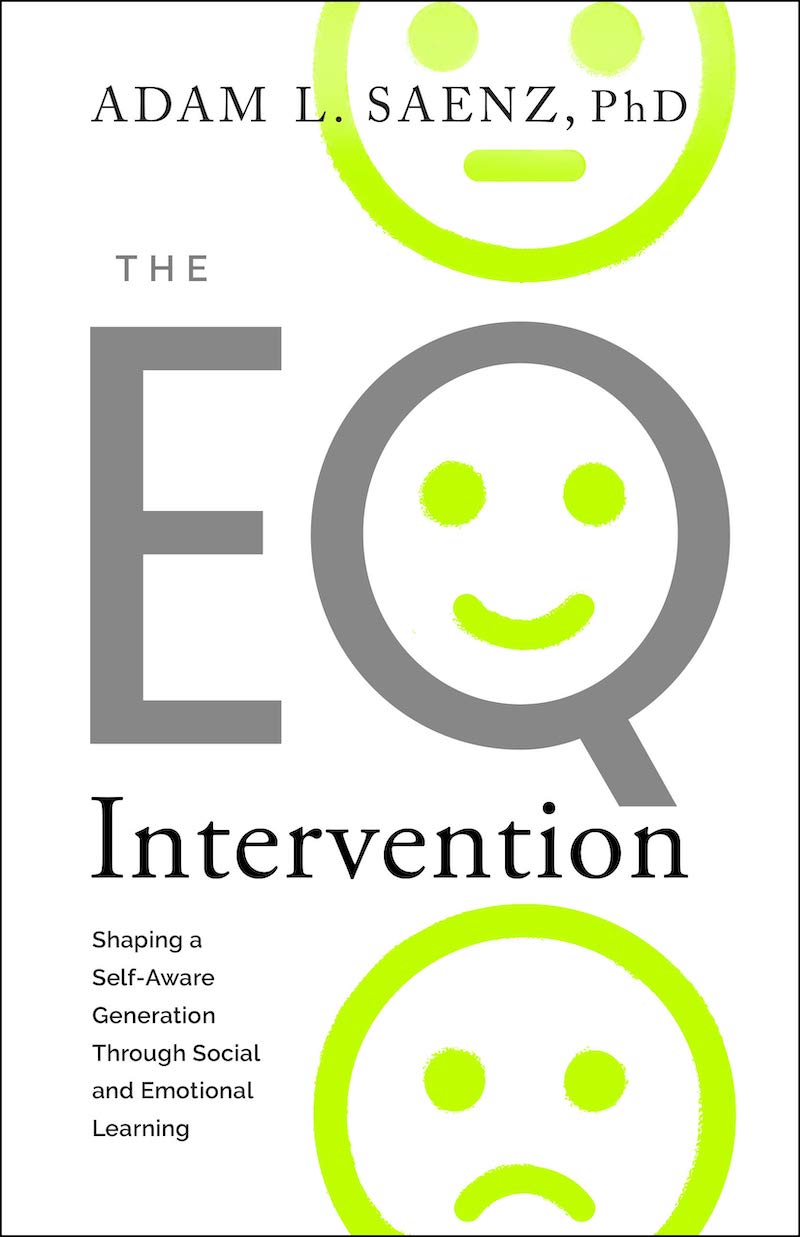
If we want to avoid negative behaviors, we need to have a preventative approach, and remove our current reactive approach. To do this, we need to implement personal emotional intelligence in all individuals working on school campuses, but most importantly teachers due to their significant impact on student behaviors. I believe that most teachers want to create meaningful relationships with students, but just haven’t been given the tools on how to do it. Here are a few resources that educators may find helpful:
First, teachers can test their EQ using this quiz from The Harvard Business Review (Matthews & Matthews, 2017). Then, read “The EQ Intervention: Shaping A Self-Aware Generation Through Social and Emotional Learning” by Dr. Adam L. Saenz to learn and understand how to improve their own EQ and lead students, as well. Finally, determine what parts of your discipline system should or could be replaced by implementing EQ through-out your school and/or classroom.
The best part about increasing emotional intelligence, is that it affects all relationships in a person’s life, not just the teacher-to-student. This means leadership, teacher empowerment, and morale should improve as well. It’s finally time to kiss PBIS (Positive Behavior Interventions and Supports) goodbye, and welcome a new era focused on mental health and wellbeing through emotional intelligence.
This article is available and can be accessed in Spanish here.
Key Step Media, & By. (2020, November 12). Emotional and Social Intelligence Leadership Competencies: An overview. Key Step Media. Retrieved February 26, 2022, from https://www.keystepmedia.com/emotional-social-intelligence-leadership-competencies/
Matthews, K., & Kayla Matthews (132 Articles Published) . (2017, January 23). 8 free emotional intelligence tests that reveal more about you. MUO. Retrieved February 26, 2022, from https://www.makeuseof.com/tag/free-emotional-intelligence-tests/
Melinda. (2022, February 8). Improving emotional intelligence (EQ). HelpGuide.org. Retrieved February 26, 2022, from https://www.helpguide.org/articles/mental-health/emotional-intelligence-eq.htm
Sari Beth Rosenberg By Sari Beth Rosenberg December 09, 2021. (n.d.). America’s teachers are facing a mental health crisis, too. Parents. Retrieved February 28, 2022, from https://www.parents.com/news/americas-teachers-are-facing-a-mental-health-crisis-too/
Sáenz Adam. (2020). The EQ intervention: Shaping a self-aware generation through social and emotional learning. Amazon. Retrieved February 26, 2022, from https://www.amazon.com/EQ-Intervention-Self-Aware-Generation-Emotional/dp/1632994410/


